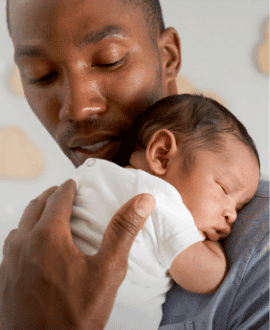A Personal Education Allowance (PEA) is funding available for children of statutory school age in the care of Devon County Council, who are at risk of not reaching the expected national standards of attainment.
We will try to provide PEAs for children in care who are at risk of not reaching the expected national standards of attainment.
The aim of the PEA is to:
- prevent children in care from falling behind other children in their education
- help children catch up if they are already behind
- support better prevention and early intervention
A PEA must be linked to the targets set in a child’s Personal Education Plan (PEP) and show how this will contribute to improving educational achievement.
A PEA will only fund activity that is over and above that which should be provided already by services or support from Devon County Council, schools and carers, or which other practitioners already provide.
The value of a PEA is not expected to exceed £300 in a financial year, although the actual value will depend on the nature of the activity to be supported.
What sort of things can a PEA be spent on?
A PEA can be spent on the sort of activities that parents may provide for their children to help with their learning, such as personal tutors and extra-curricular activities.
Extra-curricular activities describe the wide variety of informal learning opportunities that children and young people voluntarily take part in outside normal school hours. Often these will be activities that most schools are unable to provide, for example, climbing or canoeing.
What can’t a PEA be spent on?
Computers and computer equipment will not be eligible for PEA funding. A PEA is not intended to replace, duplicate or substitute the services or support that Devon County Council, schools, carers or other practitioners already provide.
In particular, PEAs should not be used to replace:
- the support set out in an Education Health and Care Plan – although children in care with special education needs and disabilities are likely to be eligible for wider support from a PEA
- resources that Devon County Council provides for through its allowances for foster carers or children’s home fees, such as basic equipment that the child needs for school, school uniform or equipment for physical education lessons
- trips and visits organised by the school as part of the curriculum – these activities should be paid for by Devon County Council or the carer if they are covered by the fostering allowance
- alternative education for children in care on a fixed term or permanent exclusion from school
We would also not expect a PEA to fund leisure equipment, such as bikes or camping equipment.
Who applies for a PEA?
The child’s social worker, the PEP co-ordinator (PEPCO) or a member of staff in the education setting needs to make a bid for the PEA, after the PEP planning meeting, using the PEA application form.
They need to ensure that the bid supports the objectives and outcomes agreed in the PEP.
All applications will be sent to the personaleducationallowance-mailbox@devon.gov.uk and will be assessed by the area learning advocate for the child for approval and authorisation.



